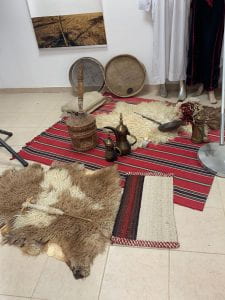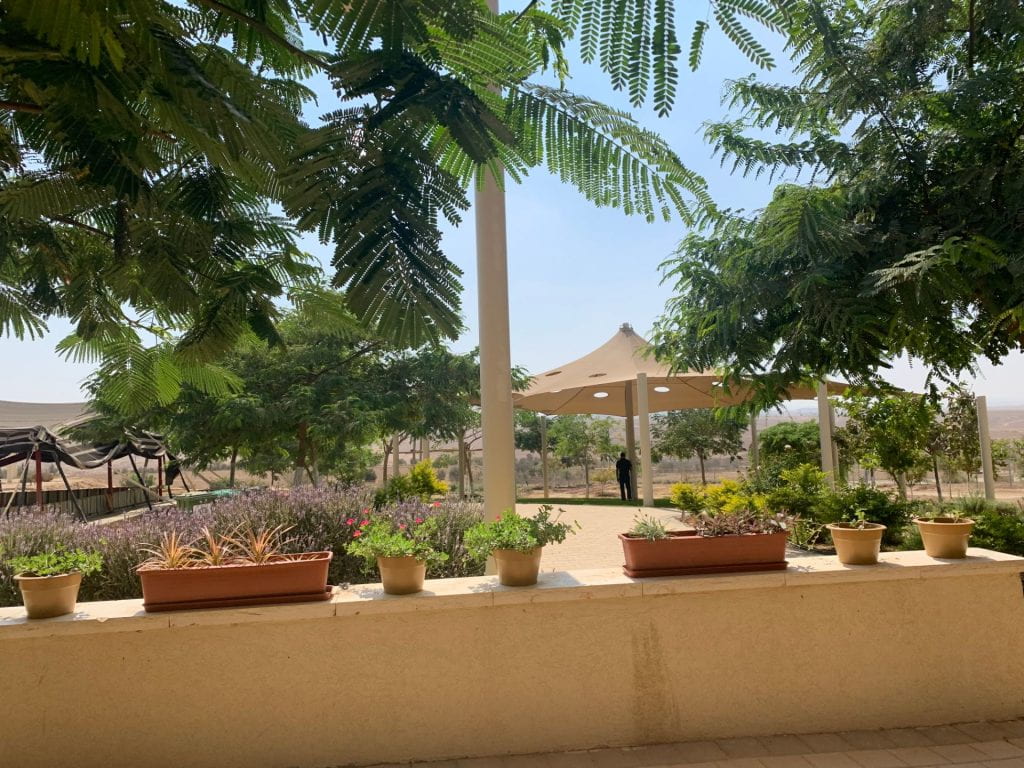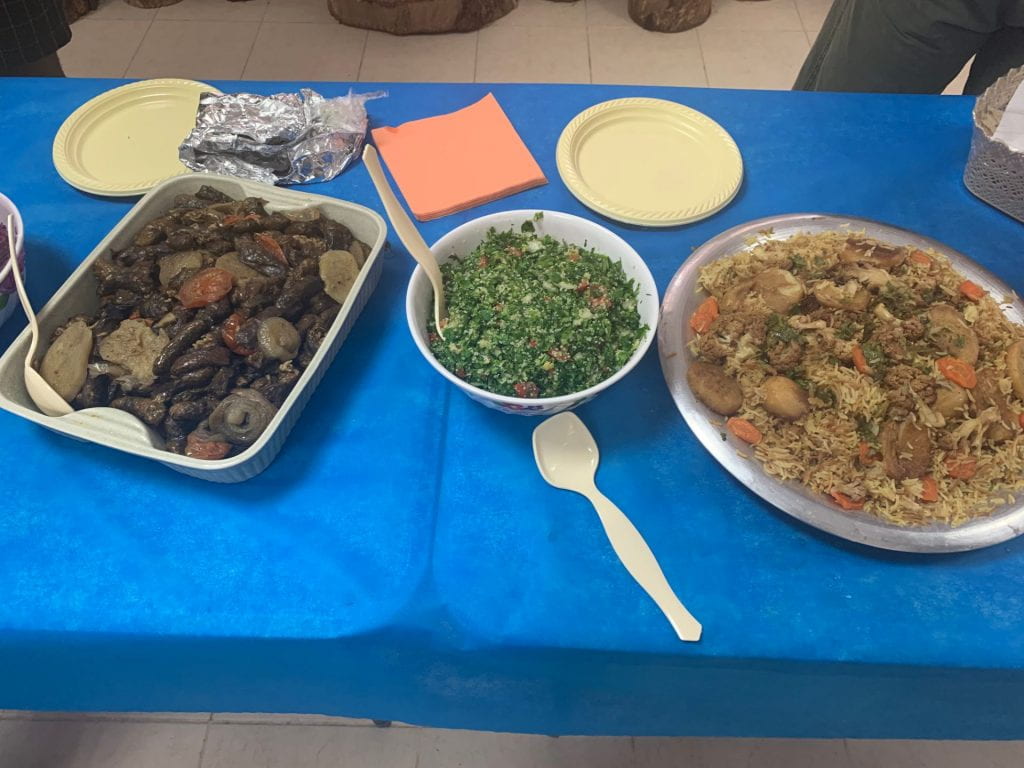“Traditional, Not Primitive:” Project Wadi Attir and Sustainable Desert Cultivation
By Kelly Gebman
At the beginning of our visit, a Bedouin activist and founding member of Wadi Attir gave us an introduction to the Bedouin people and their recent cultural evolution. The word “Bedouins” describes the collection of small nomadic Arab groups that have inhabited North Africa and the Middle East for well over a thousand years. Pressures to modernize began for the Bedouins with the establishment of the State of Israel in 1948.
The Bedouins as a whole have gone through a rapid metamorphosis since Israel’s start. In the last century, they have slowly become dependent on the welfare state and are still working to reverse the damage. The Bedouins were traditionally a communal and self-sufficient people. In the last 50 years, they have been rapidly thrust into the Israeli economy and have struggled to adapt to subsequent health issues and the need for job specialization. Disillusionment with modern society caused many Bedouins’ turn to smuggling and religious extremism, both Muslim and Jewish. Programs to provide mainstream educational opportunities and vocational training for Bedouins struggled to make meaningful strides until some Bedouin townships had to spearhead accommodations specifically tailored at providing the resources necessary for success. These programs have since had widespread success, especially as 62% of the population is under 18. Even more impressively, 33% of Bedouin engineering students at Israeli universities are female, as opposed to the national average of 25%. Bedouin social services and shared spaces with Israelis have helped to break down cultural barriers with mainstream Israeli society. 
The Bedouin community that we visited featured permanent housing and meeting spaces equipped with all the comforts of modern life from electricity and running water to instant coffee and packaged muffins. Our host made a point of contrasting this modernity with the way that some Bedouins of the Negev live in “unrecognized villages.” The Israeli government considers these settlements to be illegal and denies the inhabitants running water and electricity, while also pressuring the same communities to integrate into mainstream society. The first Bedouin town was recognized in 1968, 20 years after the establishment of Israel and 50% of Bedouin communities remain unrecognized. The road to progress starts for most Bedouins with legitimization by the government. Outreach programs extend to those living in unrecognized villages, but success rates suffer as residents struggle to overcome the even greater cultural
divide between themselves and the rest of Israeli society. Our host stressed the fact that although many Bedouins live very simple lives, their communities are “traditional, not primitive.” Their simple way of life and respect for the past is not something that should be looked down upon, especially in a country so rich in history and tradition.
The Wadi Attir project is a groundbreaking approach to sustainable desert agriculture combining traditional Bedouin methods with cutting edge technology. It is a partnership between the Bedouins of the Negev and the Sustainability Laboratory. The main initiative is an integrated technology system utilizing wind and solar energy, state-of-the-art drip irrigation system, bio-gas production system, wastewater treatment system, and composting facility.
There are many other aspects of the Wadi Attir Project. Bedouin desert cultivation methods and natural healing remedies are documented and commercialized for sale in domestic and
international markets. Herding culture is preserved through the education of modern methods. We were lucky enough to see this in action when a goat gave birth during our visit. We also toured some beautiful Bedouin fields filled with Keystone species that are preparing the soil for more lucrative crops, enriching biodiversity, and combating desertification. Our guide referred to this process as “ecosystem engineering.” Women in the community are empowered through agricultural education and community advancement. The last part of the project is to educate
local students and tourists on Bedouin culture and innovation. We ended our visit with a wonderful Bedouin meal cooked by some women from the community. The Wadi Attir project is uplifting Bedouin communities of the Negev with great success and truly embodies the marriage of innovation and tradition that is so characteristic of Israel as a whole.




